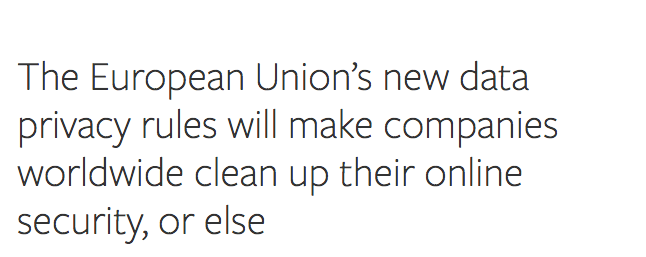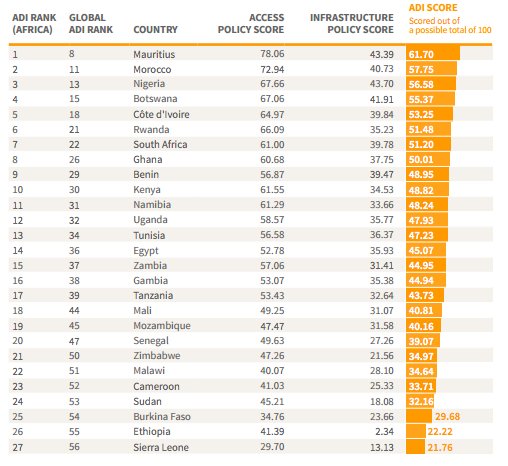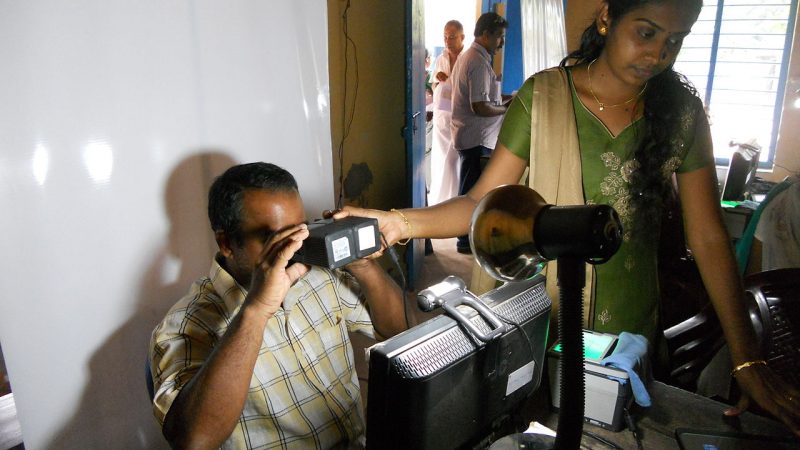Mass surveillance: exceptional measure or dangerous habit?

The digital communications revolution has led to “perhaps the greatest liberation movement the world has ever known,” the Deputy High Commissioner for Human Rights Flavia Pansieri suggests. Addressing a special discussion at the Human Rights Council in Geneva, Pansieri used as an example the online dialogue held as a precursor to the negotiation of the Post-2015 sustainable development goals, a dialogue in which more than a million people participated.
Yet these digital communications platforms are not only vulnerable to surveillance, interception and data collection, they may actually facilitate such practices, putting at risk a range of human rights. Noting the particularly serious impact on the right to privacy, the Deputy said that the rights to freedom of opinion and expression, of peaceful assembly and association, the right to family life and to health, also may be at risk.
“Information collected through digital surveillance has been used to target dissidents. There are also credible reports suggesting that digital technologies have been used to gather information that has then led to torture and other forms of ill-treatment,” Pansieri said.
The Council discussion referred to the report of the High Commissioner for Human Rights on “The right to privacy in the digital age”. The report was prepared at the request of the UN General Assembly, following global concern at the negative impact of certain surveillance practices on human rights.
In the report, the High Commissioner expresses concern that “overt and covert digital surveillance in jurisdictions around the world have proliferated, with governmental mass surveillance emerging as a dangerous habit rather than an exceptional measure.”
The report highlights examples of digital surveillance, including instances where governments have threatened to ban the services of telecommunications companies unless given access to traffic on their networks; used surveillance to target political opponents, or dissidents; and required companies systematically to disclose bulk information on customers and employees.
While recognizing that surveillance of electronic communications data can be necessary for legitimate law enforcement or intelligence reasons, when conducted in compliance with the law, the report also cautions that governmental mass surveillance programs “raise questions around the extent to which such measures are consistent with international legal standards and whether stronger surveillance safeguards are needed.”
Pansieri said that States must demonstrate that any interference with an individual’s privacy is both necessary and proportionate to address the specific identified security risk. “Mandatory third-party data retention – where telephone companies and internet service providers are required to store metadata about communications by their customers, for subsequent access by law enforcement and intelligence agencies – appears neither necessary nor proportionate,” she said.
The report observes that States are obliged to ensure that individuals’ privacy is protected by law against unlawful or arbitrary interference. Laws protecting privacy must be clear and publicly accessible: secret rules and secret interpretations of the law, even if issued by judges, are not legally adequate. Neither are laws or rules that give excessive discretion to executive authorities such as security and intelligence services.
http://www.ohchr.org/EN/NewsEvents/Pages/MassSurveillance.aspx



